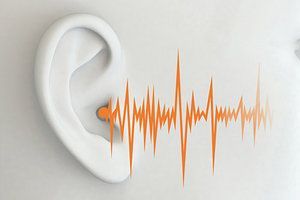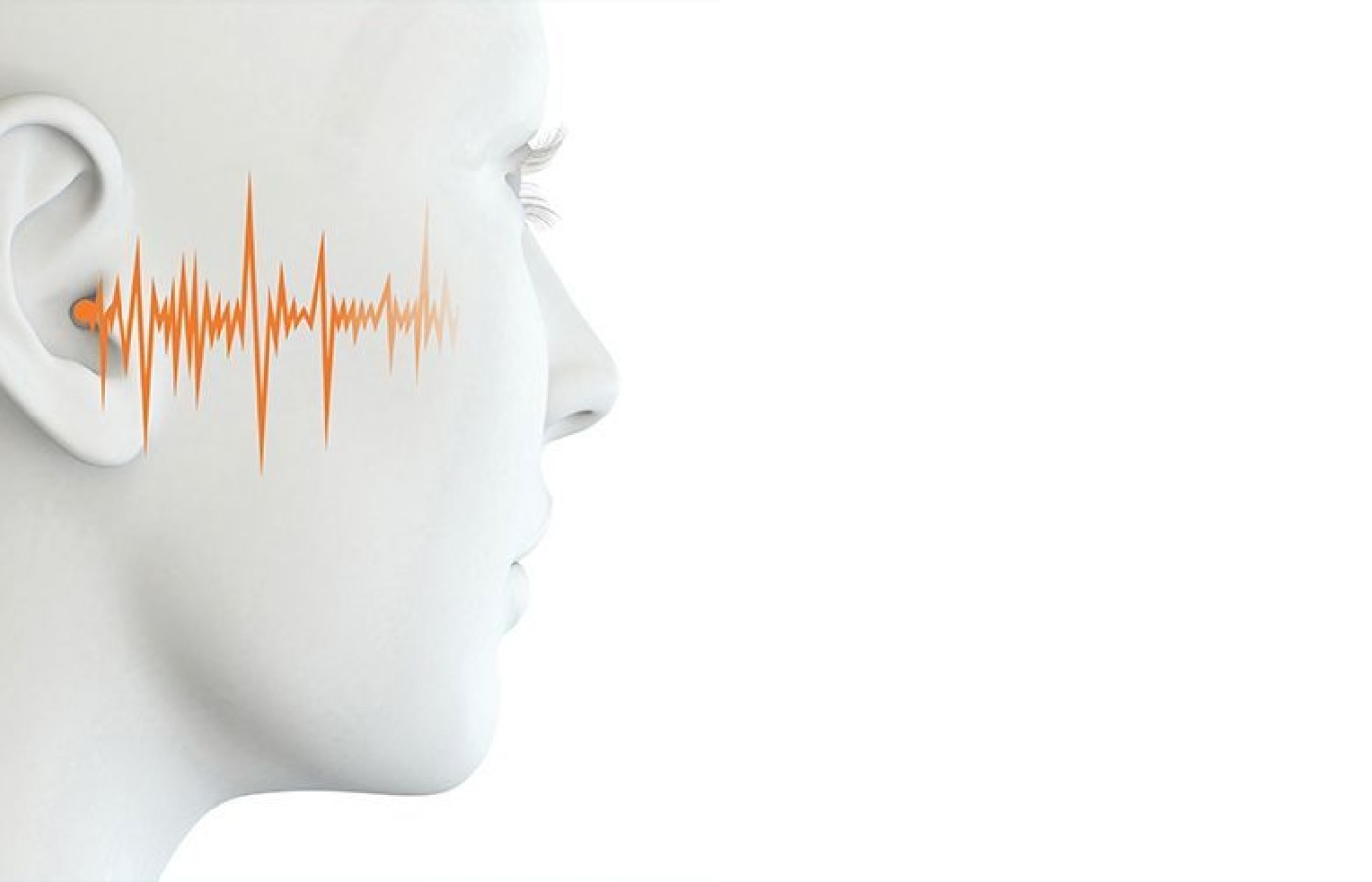The most important relationship I seek to nurture in the treatment room is the one a patient has with their own body. We live in a culture that teaches us to override pain, defer to outside authority, and push through discomfort. Patients often arrive hoping I can “fix” them, but the truth is, we can’t do the work for them. We can offer guidance, insight and support, but healing requires their full participation.
Electroacupuncture for Acute Tinnitus
Tinnitus (erming) is the perception of sound without an external auditory stimulus. Although it can be related to deafness, it is a distinct and separate phenomenon. Tinnitus is a symptom and is always subjective. It is often described as buzzing, ringing, droning, or a high-pitch squeal. It can be unilateral, although it is most commonly heard in both ears.
Chinese medicine divides tinnitus into either chronic or acute. Chronic tinnitus is often a result of kidney deficiency, although there can be other causes as well. Typically, heat is often involved, either deficient or excess. Liver-gallbladder heat can give rise to tinnitus.
Acute tinnitus is often the result of exposure to loud noises. These can be either a sudden "boom" or extended exposure to loud sounds such as at a concert. Often wind is a factor in Chinese medicine, as well as congestion in the local channels.

In addition, medications such as NSAIDS, certain antibiotics or a host of other culprits may cause tinnitus. Other causes of tinnitus may be head or neck injury, or simply aging.
Western medicine has little to offer in terms of treatment. When the sound has a pulsatile nature, there is often a vascular cause. Otherwise, there are few effective choices.
TCM Treatment
Chinese medicine has a history of treating tinnitus using acupuncture and occasionally herbs. Typically, local and distal points are used such as:
- Ermen (SJ 21)
- Tinggong (SI 19)
- Tinghui (GB 2)
- Yifeng (SJ 17)
- Hegu (LI 4)
- Taichong (LV 3)
- Taixi (Ki 3)
Herbal treatments are aimed at opening up the auditory orifice and relieving congestion. Typically two herbs are used to directly affect the ear. Ge gen (Pueraria root) is indicated for the treatment of tinnitus and qiang huo (Notoptergii root) alleviates any type of ear congestion. Other herbs that might be useful include jie geng (Platycodon root), yi yi ren (Coix seed), chen pi (tangerine peel) and gan cao (licorice root).
Of these, yi yi ren (Coix seed) and gan cao (licorice root) also tonify the spleen, and chen pi (tangerine peel) regulates qi. The remaining three herbs are used to subdue wind. Huang qin (Scutallaria root) reduces wind by draining fire to calm ascending liver yang, while bai shao (peony root) and chuan xiong (Ligustici root) subdue wind through their effects on blood, by tonifying and regulating blood, respectively.1
In short, there are many paths up the mountain to treat tinnitus using Chinese medicine. This report examines the use of e-stim in the treatment of acute tinnitus in a young woman.
Case Report
Tina, a 25-year-old female, presented with a complaint of "a sound" that she found difficult to describe. It presented to her as a "rushing" or "an awareness." It started approximately two months previous and worsened acutely over the past week. She was unable to define any specific cause or experience that might have initiated her symptom. She rated the sound as an 8 on a 1-10 scale.
She was assessed by her private medical doctor, who was unable to offer any cause or solution. She was prescribed gabapentin, but doesn't like taking it as it makes her drowsy. She said that she sleeps with a fan on because the white noise helps drown out the sound.
She sought acupuncture "because I heard a lot of good things about it." This was her first experience with acupuncture. Treatments were spaced roughly five days apart.
In addition to the tinnitus, the patient also suffers from anxiety, for which she was prescribed buspirone, which she takes daily. She also fractured her left foot and following surgery, was placed in a boot.
She denied any fatigue. Denied any excessive hair loss. Patient is married. She expressed some nervousness about acupuncture, but was open to the procedure.
She presented as a healthy female in no acute distress. Skin warm, dry and pink. Cranial nerves intact. Ambulatory with crutches and a postsurgical boot on her left lower extremity. Bright shen. Assessment was otherwise unremarkable. Tongue and pulses were deferred.
Her tinnitus was presumed to be the result of channel congestion with a wind component. Treatment was aimed at clearing congestion in the channels around the ears, primarily the san jiao with kidney support.
Initial points chosen were distal, as this was the patient's first experience with acupuncture. All points were retained for 20 minutes.
- Yintang
- Zusanli (St 36)
- Taixi (Ki 3)
- Weiguan (SJ 5)
On her second visit, the patient noted that her symptoms had noticeably decreased for several days before returning. The previous treatment was repeated with the omission of St 36. Upon returning, she said that following the second treatment, the tinnitus worsened for two to three days before almost completely abating. She said it returned earlier in the morning of her third treatment.
For her third treatment, the following points were chosen, with all points retained for 20 minutes:
- Taixi (Ki 3)
- Yintang
- Baihui (Du 20)
- Yifeng (SJ 17)
- E-stim was applied to SJ 17 bilaterally to the patient's comfort at 40 MHz.
Following this treatment, the patient noticed a marked decrease in her symptoms. Whereas she previously rated the sound at 8/10 with reduction to a 3-4/10 following simple acupuncture, she noted that her symptoms had reduced to a 2/10 with persistence.
For her fourth treatment, the previous treatment was repeated with the omission of Du 20. E-stim was again applied bilaterally at 40 MHz to the patient's comfort level. All points retained for 20 minutes.
When she returned for her fifth treatment, she said that her tinnitus was almost completely gone and chose to focus on the healing of her right foot following the surgery.
This case represents the use of e-stim in an unconventional manner, which had the result of a dramatic response in the elimination of tinnitus.
Reference
- "Acupuncture and Herbs Quiet Tinnitus." HealthCMi.com, Feb. 18, 2018. Click here to read



